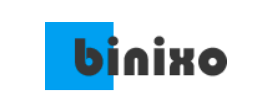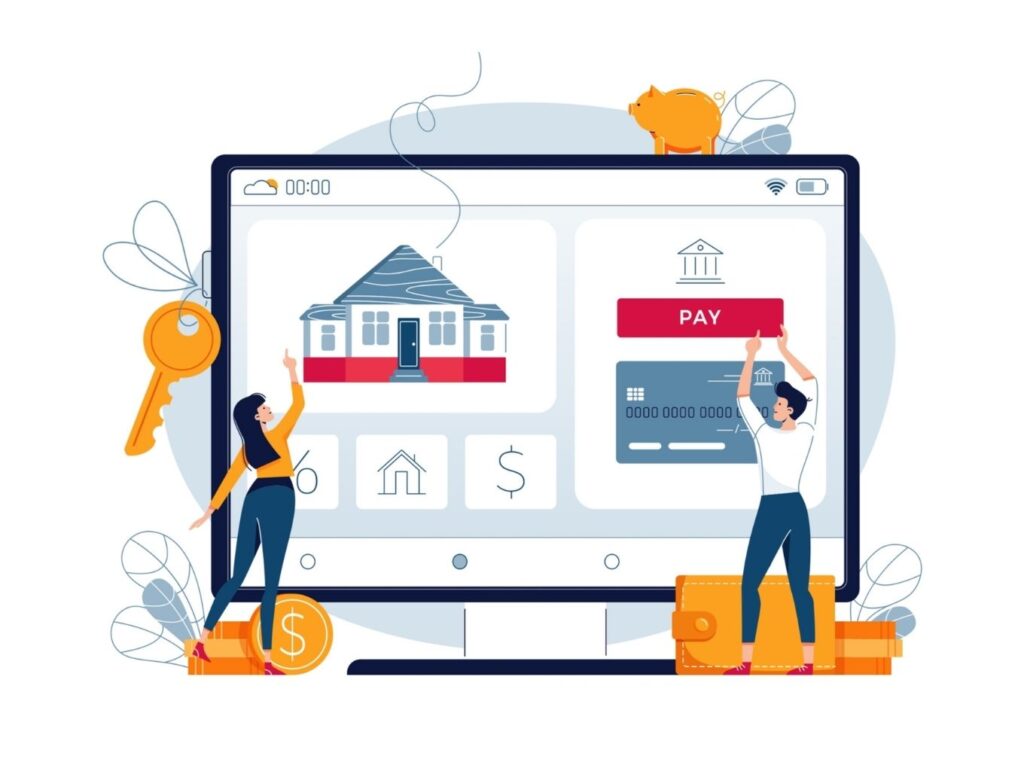Online lending has gained significant traction in the Philippines in recent years, and its future looks promising. With the increasing demand for quick and accessible financing options, the online lending industry is expected to continue its upward trajectory. However, as this industry expands, it becomes crucial to establish and enforce regulations that protect borrowers and ensure responsible lending practices.
One of the key advantages of online lending is its convenience. Borrowers can access funds from the comfort of their homes, without the need for lengthy paperwork or physical visits to a bank. This accessibility has made online lending a popular choice for individuals and small businesses in need of quick financial assistance.
As the industry continues to flourish, it is essential to strike a balance between facilitating access to credit and safeguarding borrowers’ interests. This can be achieved through the implementation of robust regulations that address key concerns such as interest rates, transparency, and fair lending practices.

Loan type
Short termFor a period of
728 daysRate ()
365.00% / yearLoan amount
25000 ₱Approval in
5 minutesFirst loan free
no
Loan type
Short termFor a period of
180 daysRate ()
0.00% / monthLoan amount
20000 ₱Approval in
5 minutesFirst loan free
no
Loan type
Short termFor a period of
180 daysRate ()
0.00% / monthLoan amount
25000 ₱Approval in
5 minutesFirst loan free
no
Loan type
Short termFor a period of
180 daysRate ()
0.00% / dayLoan amount
25000 ₱Approval in
15 minutesFirst loan free
no
Loan type
Short termFor a period of
180 daysRate ()
0.00% / dayLoan amount
25000 ₱Approval in
15 minutesFirst loan free
noInterest Rates and Responsible Lending
One of the primary concerns surrounding online lending is the high interest rates charged by some lenders. To protect borrowers from predatory lending practices, it is crucial to establish a cap on interest rates and ensure that lenders adhere to responsible lending standards.
Regulatory bodies can play a vital role in monitoring interest rates and preventing lenders from charging exorbitant fees. By setting reasonable limits and promoting transparency, borrowers can make informed decisions and avoid falling into debt traps.
Transparency and Disclosure
Transparent and clear disclosure of loan terms and conditions is another crucial aspect of protecting borrowers in the online lending industry. Lenders should provide comprehensive information about interest rates, repayment schedules, and any additional fees or charges that may apply.
Regulations should require lenders to present this information in a clear and understandable manner, ensuring that borrowers are fully aware of the financial implications of their loan agreements. This will empower borrowers to make informed decisions and prevent any potential misunderstandings or disputes.
Verification and Data Privacy
In the online lending space, it is essential to establish robust verification processes to prevent identity theft and fraud. Lenders should be required to verify the identity and creditworthiness of borrowers before approving loan applications.
At the same time, data privacy should be a top priority. Regulatory frameworks should ensure that borrowers’ personal and financial information is protected and not shared without their consent. This will help build trust in the online lending industry and encourage more individuals and businesses to embrace this digital financing option.
Educating Borrowers
Alongside regulatory measures, educating borrowers about responsible borrowing practices is crucial. Financial literacy programs can help individuals understand the potential risks and benefits of online lending, empowering them to make informed decisions.
By partnering with educational institutions, government agencies, and industry stakeholders, online lenders can contribute to the development of financial literacy initiatives. These programs can cover topics such as budgeting, debt management, and understanding loan terms, equipping borrowers with the knowledge to navigate the online lending landscape responsibly.
The Way Forward
The future of online lending in the Philippines is bright, with the industry poised for continued growth. However, to ensure its sustainability and protect borrowers, it is imperative to establish and enforce regulations that promote responsible lending practices.
Regulatory bodies, in collaboration with industry stakeholders, should work towards setting clear guidelines on interest rates, transparency, verification processes, and data privacy. Additionally, educating borrowers about responsible borrowing practices will empower them to make informed decisions and avoid potential financial pitfalls.
With the right regulations and a focus on borrower protection, the online lending industry in the Philippines can thrive, providing accessible and responsible financing options for individuals and businesses alike.

